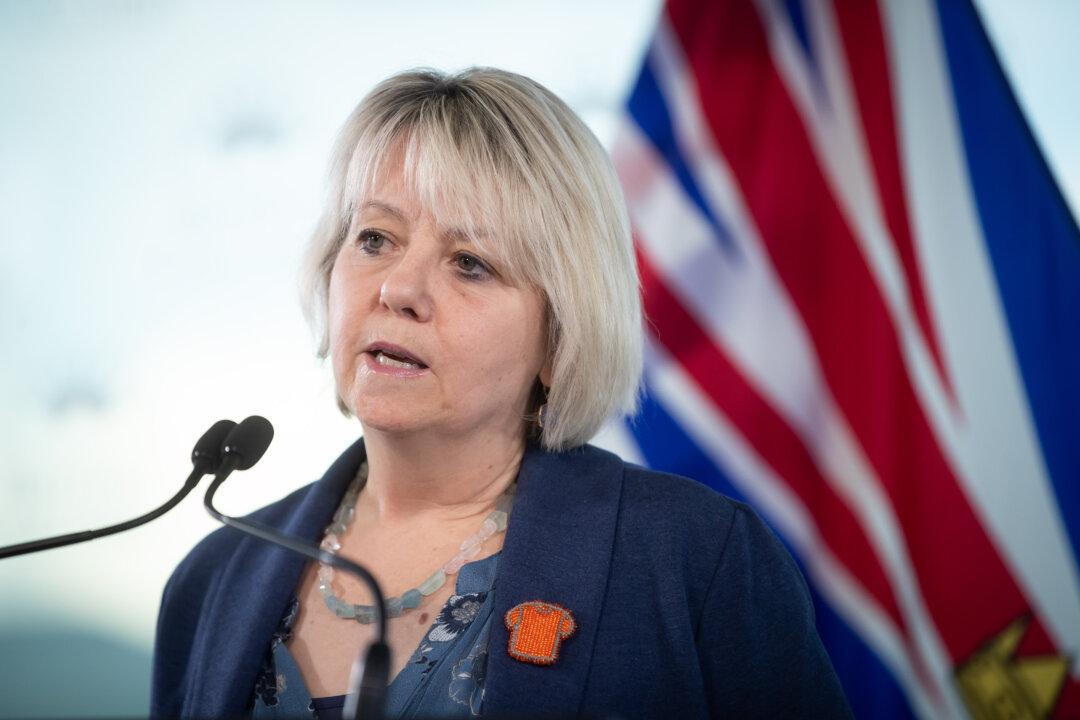The British Columbia government will relax most COVID-19 restrictions on social gathering and capacity limits on Feb. 16 at 11:59 p.m., the province’s health officials said.
Provincial Health Officer Bonnie Henry announced the decision in a press conference on Feb. 15, saying that the province is now shifting to a “long-term COVID-19 management strategy.”





